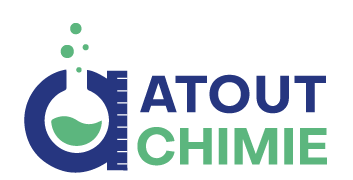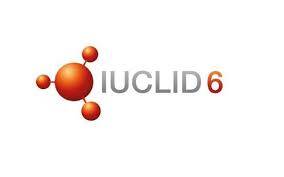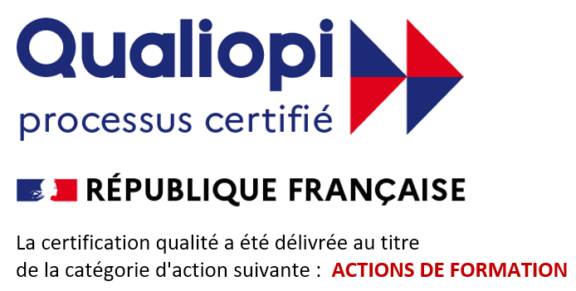Marketing of biocidal treated mask

The main “barrier measure” in the front of the COVID-19 pandemic, disinfectant face masks are booming. However, their safety and effectiveness require careful evaluation: here is an overview of different works on the subject.
There are various types of respiratory protection masks:
- Professional FFP masks (FFP1, FFP2, FFP3) whose effectiveness is governed by standard NF EN 149, surgical-type masks (types I, type II and IIR), medical devices meeting European health and safety requirements which are verified by standard NF EN 14683 or equivalent,
- So-called "general public" textile masks, developed in the context of the Covid-19 epidemic, most of the time washable and reusable, and whose effectiveness is framed by the interministerial note of 03/29/2020
- Masks manufactured by textile professionals (sometimes "homemade") in accordance with the AFNOR specification (AFNOR SPEC S76-001: 2020) using materials tested or chosen, say experts, in accordance with the AFNOR specification.
- The other masks, manufactured by textile professionals or "homemade", whose performance is not supervised or tested.
In addition, disinfectant face masks are booming with the current COVID pandemic. The biocidal active substances incorporated can be (nano) particles of silver, zinc oxide or copper, and "anticovid" papers containing nanostructured zinc-silver or nano-silver surface disinfectants (nanosilver, nano-colloidal ).
However, the safety (toxicological risk) and the efficacy of the biocide in these products must be installed by the authorized authorities. The DGCCRF carries out checks to guarantee the quality and accessibility of protective masks. Following the controversy over masks distributed to teachers at the start of the 2020 school year, ANSES issued an opinion on fabric masks treated with silver and copper zeolite marketed by Hanes France under the brand DIM (Referral n ° 2020-SA-0134). Health Canada is also responsible for studying the safety of masks incorporating nanoparticles (nanoforms) of graphene, 4.6 million of which have been distributed to schools in Quebec since January.

In addition, when it is claimed that a mask "destroys, repels or renders harmless harmful organisms in any other way by an action other than a simple physical or mechanical action" ", this mask falls within the scope of the Biocides Regulation. (BPR, n ° 528/2012). Various NGOs (AVICENN, Agir pour l'Environnement, BUND, CIEL, ClientEarth, Ecologistas en Acción, EEB, HCWH, HEAL, HEJSupport, PAN, WECF, ZERO) request clarifications on the status of biocidal product or biocidal treated article, the main challenge of which is the production of a marketing authorization application (AMM) for the biocidal product.
Furthermore, ANSES concludes its opinion by highlighting that "the use of antimicrobial treatments in articles, in particular consumer articles, needs to be better supervised. The implementation of the Biocidal Regulation contributes to this framework. ANSES recommends that everything be done at European level so that the evaluation of biocidal active substances included in the review program is completed as soon as possible, so that biocidal products benefit from a marketing authorization. The market and that the treated articles contain only active substances approved for the correct type of product. ANSES also recommends that once it is identified that the uses in treated articles could lead to unacceptable risks for human health or the environment, use restrictions be included in the conditions for the approval of biocidal active substances
Thus, evaluation work is increasing on this subject, which in some cases constitutes a scientific challenge and whose benefit / risk ratio must also be taken into account in the midst of a pandemic.
UPDATE: Public Health France amended his safety information of 05/25/2021 relating to masks labeled "Biomass Graphene"
Following the publication of our article in mid-April 2021, an alert was issued on May 25 on masks ": FFP2 Particle filtering half mask" produced by the Chinese manufacturer Shandong Shengquan New Materials: Safety information - Health safety action public - ANSM (sante.fr)
According to information from SFMU and Mediapart, "17 million FFP2" Biomass Graphene "masks have been distributed in health establishments by Public Health France (SPF). In a letter from the regional health agency (ARS) Ile- de-France addressed to hospital management, a letter that Mediapart was able to consult, it is specified that "at this stage, 60.5 million FFP2 masks have been identified with CE marking that may potentially contain graphene, of which 16, 9 million have already been distributed in 2020 ", or" 28% of the stocks received. "These masks were" mainly distributed to health establishments ", specifies the ARS.
Graphene, a single thick sheet of carbon atoms organized in honeycombs, is a lightweight, ultra-resistant nanomaterial that is said to have antiviral properties that classify it as a biocidal product.
Contacted by Mediapart, the Public Health France agency explains that the order for these graphene biocidal masks, made in April 2020, was made with "a favorable opinion" from the ANSM issued "on the products received » ».
ATOUT CHIMIE trains and supports a number of companies in the marketing of biocidal products, both in terms of regulatory strategy and the assessment of efficacy and risk to health and the environment. With our experience on REACH registrations of nanomaterials, we carry out (eco) toxicological expertise on the safety of these innovative products in partnership with competent laboratories.






